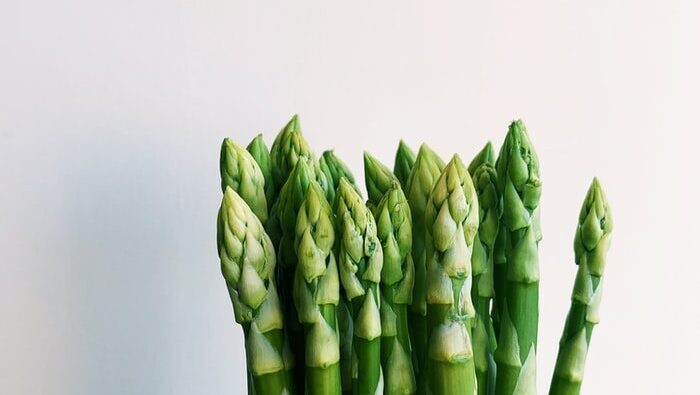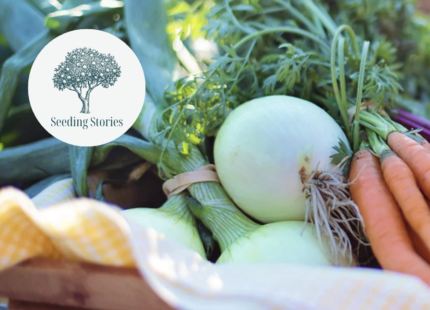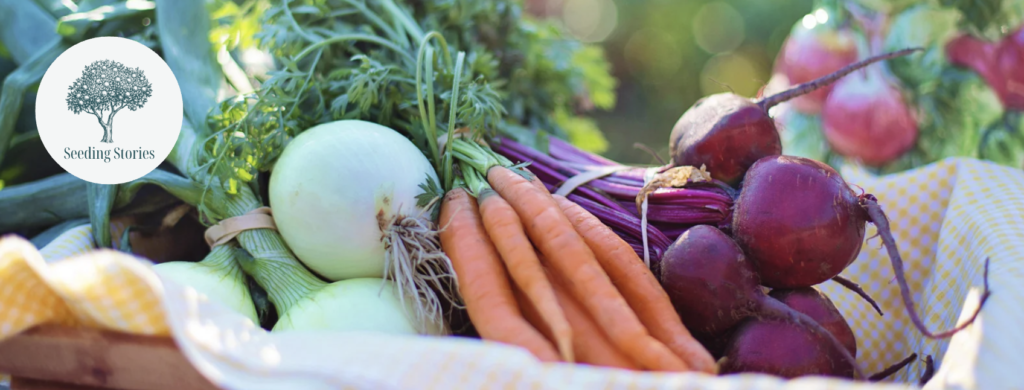
January 30, 2024 • Erica Carmount
Photos by: Angie Koch, Fertile Ground Farm
Located in St. Agatha, Ontario, Fertile Ground Farm is a small ecological farm that operates through a Community Shared Agriculture (CSA) model. A CSA is a form of production wherein consumers buy shares of a local organic farm’s harvest in advance to support the necessary start-up funds farmers require to start the season. This alternative method of agriculture and food distribution brings consumers and producers closer within the food system by offering fresh, locally grown vegetables to the consumer and a viable farm business to the producer.
At Fertile Ground Farm, the CSA also supports an initiative called the Community Shares Fund. Made up entirely of CSA member donations, the intention of the Fund is to use donations to grow vegetables and distribute them to community members at discounted prices. Last year, $4,200 of the Fund was used to support a Sliding Scale system where household’s paid a 25% minimum fee but also contributed based on their individually stated ability to pay. This system was able to offer thirteen household’s vegetables at a discounted price in 2023.
“The Community Shares Fund model makes the farm viable, food accessible and a shared community project that everyone contributes to. That’s what I’m most excited about”.
-Angie Koch
During the first pandemic season in 2020, CSA members were concerned that individuals in their community would not be able to access food. “People who are drawn to CSAs”, says owner and farm manager Angie Koch, “are community-oriented individuals who not only want fresh vegetables to put on their own tables, but are excited to support local farms, communities and food access as well”. Although the Fund had been in operation nearly eight years prior to the COVID pandemic, donations spiked to almost $10,000 and have kept pace for the last three years. In 2023, with approximately 300-350 CSA members, the Fund accrued $14,930 worth of donations. The growth is due in part to Koch’s efforts to build a sense of pride in being a part of the farm through methods of storytelling, social media campaigns, and newsletters.
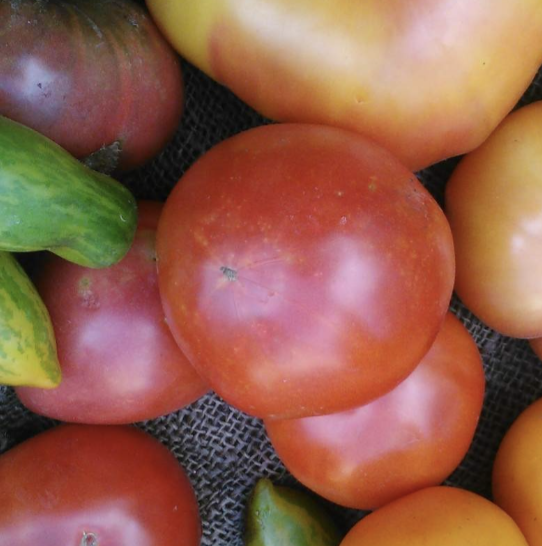
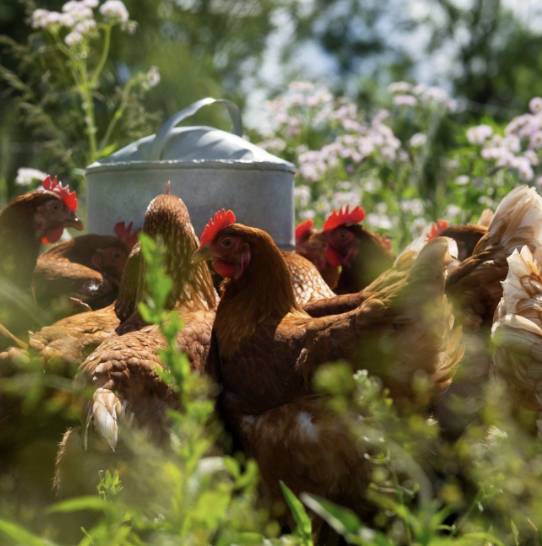
“Giving people access to good nutrition is such a big part of allowing people to be healthy which contributes to a better life.”
-Angie Koch
With a surplus of donations and inspired by the collaboration between The New Farm and The Stop Community Food Centre in Toronto, the farm has partnered with local organizations, such as the Cambridge Food Bank, as a creative way to utilize the Fund. In March 2023, the Food Bank broke its 38-year history record of most people to visit the bank in one month, where nearly 1,600 households utilized the service. Between January and April alone, the Cambridge Food Bank served 2,649 families, 839 of which were visiting for the first time. In a search for locally grown produce to support growing demand, the food bank contacted Fertile Ground to procure wholesale priced vegetables.
For Koch, as a base line, making sure people have calories is great, but offering empty calories to individuals can impede one’s health. “One of the tensions I’ve always felt as a market gardener”, comments Koch, “is that I’m growing organic food only accessible to folks of a certain income bracket. I don’t want to just be giving niche food to the few who can afford it”. On the other hand, farmers sometimes feel obligated to give away food or offer it at cheaper prices, effectively substituting urban poverty with rural poverty.
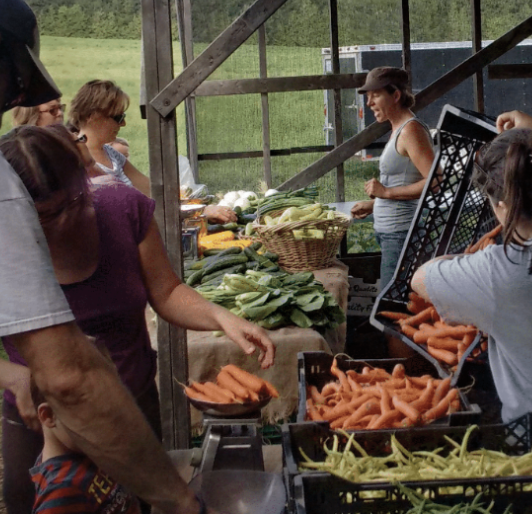
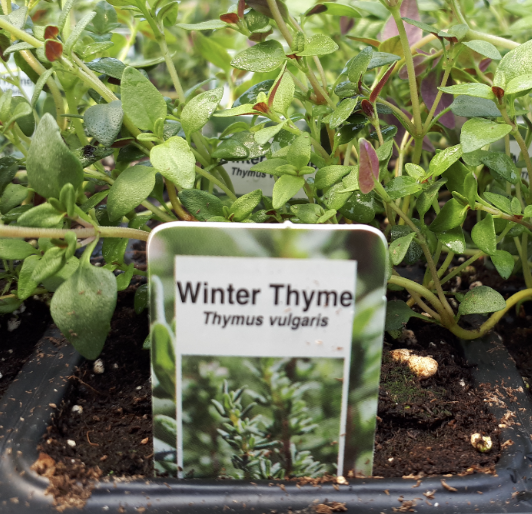
Thanks to CSA members, however, in 2023 $10,500 worth of Community Shares Fund donations (nearly 7,000 pounds of fresh vegetables) were given to the Cambridge Food Bank. Most of the produce is sold at their weekly traveling Mobile Food Markets in Cambridge and North Dumfries, providing all households discounted fruits and vegetables from locally sourced producers at a flat rate.
For Mobile Food Market Coordinator Patrick Doyle, establishing partnerships with local farmers and food makers like Koch is an important way to connect people with their means of food production. By spending money on local food and promoting these relationships, the Cambridge Food Bank hopes to encourage customers to seek out and support small businesses in their community.
Koch was one of the first local farm partnerships to join the program, and she bought into this vision right away. “Angie and the farms’ Community Shares Program have been incredibly generous with us, donating more food than we purchase,” says Doyle, “when the opportunity to work with someone that generous and engaged comes along, it makes a huge difference”.
In addition to supporting local businesses, the Mobile Food Markets provide infographics that offer details on where the local produce is sourced from. According to Doyle, customers are often excited to learn about, and support, local farms. Knowing their food is grown close to home encourages consumers to return to the Market. Donating to the Cambridge Food Bank is also a great way for farmers to reduce their waste and recoup tax savings on food that would otherwise turn to compost. Fresh food that is reaching its expiration date is either frozen or turned into preserves to ensure further longevity of food donations.
Through this partnership with the Cambridge Food Bank, the Community Shares Fund offers a way for food to be both affordable and accessible for the consumer, while also ensuring that everything in the field is harvested for the producer.
If you are interested in supporting local food initiatives and food security in your community, contact Fertile Ground Farm to learn more.
